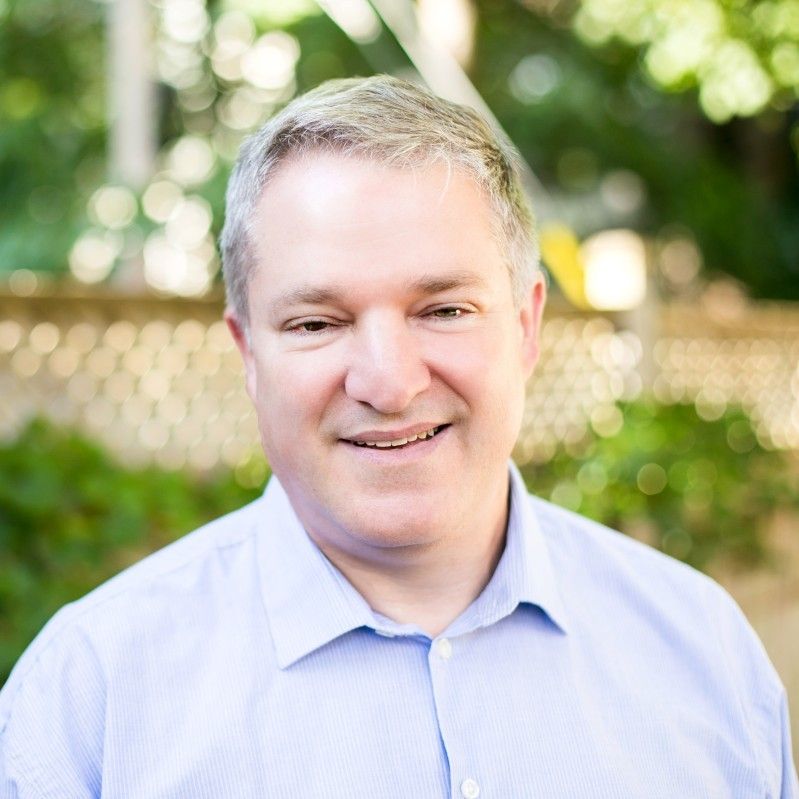
Being a director of a Canadian non-profit or registered charity
The rewards, pitfalls and obligations of trying to help your community by being a director of an NPO or charity
Enroll in Course
There are approximately 600,000 Canadians who voluntarily serve as directors of the 86,000 Canadian registered charities. There are many others who serve on a myriad of non-profit boards such as amateur athletic groups, business associations, social groups etc.
Board service can be very fulfilling. You can learn a lot about important issues that the non-profit and charity deals with and be a part of making society better. You can meet lots of new people with similar interests. You can get a tremendous amount of fulfillment from helping your community and meeting new people.
There is no guide to being a great board member. There is no one-size-fits-all approach. Every non-profit and charity is different and their needs change over time. Also, some directors wear different hats in the same charity such as being a board member but also an officer or committee member or charity volunteer and the needs and requirements for each position may be different. Your circumstances can also change over time – your kids are no longer in the daycare or hockey league, your interest in opera is on the wane, you are moving to another part of the world and your ability to contribute is less.
Some of the topics covered in the course include:
- Should you join a board?
- Recruitment of directors
- What is a non-profit or charity?
- Directors vs. Members vs. Officers
- What is Governance?
- What are the legal duties of directors?
- Basic Information Directors Should Be Aware Of
- What are the roles of Directors?
- How to make decisions
- Law / Ethics / Risk Management and Governance
- Ethical Issues
- Creating a Culture of Compliance in Your Organization
- What challenges will your board face?
- What challenges will you face?'
- Understanding Compliance and the Role of Lawyers
- When to leave the board?
- Board vs. Management
- Shaping your board
- Risk Management
- Internal Controls
- Misuse of Charity’s Assets
- Practical Suggestions for Directors
- Canada Not-For-Profit Corporations Act (CNCA)
- The Not-for-Profit Corporations Act, 2010 (Ontario) “ONCA”
This course will be of interest to individuals who are considering joining the board of a non-profit or registered charity in Canada or who or currently sitting on the board of a non-profit or registered charity and wondering about their obligations and how to be a good board member. It will also be helpful to those wondering when it is a good time to get off the board.
Your Instructor

Mark Blumberg is a lawyer at the law firm Blumbergs Professional Corporation (Blumbergs) in Toronto and works almost exclusively advising non-profits and registered charities on their work in Canada and abroad. Mark has written numerous articles, is a frequent speaker on legal issues involving charity and not-for-profit law. He is the editor of a blog, www.CanadianCharityLaw.ca, and created the largest portal of data on the Canadian charity sector, www.CharityData.ca Mark also edits www.SmartGiving.ca, which provides information on due diligence when selecting charities.
Mark is particularly interested in the regulation of non-profits and charities in Canada, philanthropy, transparency requirements for the voluntary sector, providing accessible information on regulatory issues, and the use of data to make more informed decisions on the charity sector.
Mark is quoted regularly in print media and frequently appears on radio and television on topics relating to philanthropy and the regulation of charities in Canada. Mark has also appeared on a number of occasions in front of the House of Commons Standing Committee on Finance on topics such as charity regulation, transparency, accountability and tax incentives for philanthropy. Mark has testified at the Special Senate Committee on the Charitable Sector, the Standing Senate Committee on National Finance and the House Committee on Access to Information, Privacy and Ethics.
Mark has also made presentations to the Charities Directorate Annual All Staff Meeting as well the Annual Divisional Staff Meeting of the Determinations Section of Charities Directorate. Mark presented to the Financial Action Task Force (FATF) when the FATF conducted an evaluation of anti-money laundering and counter-terrorism in Canada in 2015.
Mark sat for 4 years on the Charities Directorate Technical Issues Working Group, which is a bi-annual meeting between the Charities Directorate, the Department of Finance and the charity sector to discuss technical and policy issues pertaining to registered charities and the Income Tax Act (Canada). Mark is a member of the Exempt Organizations Committee of the American Bar Association. Mark spent 6 years on the Advisory Committee for the Master of Philanthropy and Nonprofit Leadership (MPNL) at Carleton University. Mark is on the Board of the Canadian Charity Law Association.
Mark has co-authored 20 Questions Directors of Not-for-Profit Organizations Should Ask About Mergers (Published by CPA Canada) and co-wrote a chapter on International Trends in Government-Nonprofit Relations: Constancy, Change, and Contradictions in Non-profits and Government: Collaboration and Conflict in Non-profits and government: collaboration and conflict (Edited by Elizabeth T Boris and C Eugene Steuerle)
Mark frequently lectures to various industry and professional groups on charity compliance issues including the Chartered Professional Accountants Canada (CPA Canada), as well as CPA Ontario, BC and Alberta, the Canadian Bar Association, Ontario Bar Association, Canadian Association of Gift Planners, Association of Fundraising Professionals, Ontario Hospital Association, Ontario Non-profit Network, and many other organizations.
Mark has a B.A. in Political Science from the University of Toronto, an LLB from the University of British Columbia and an LLM from Osgoode Hall Law School in Tax Law.
Course Curriculum
-
StartSLIDE DECK and Resources
-
Start1) Should you join a board? Recruitment, What is a NPO or charity? Directors vs. Members vs. Officers, What is Governance? What are the legal duties of directors? Basic Information Directors Should Be Aware Of (67:22)
-
Start2) Roles of Directors? How to make decisions? (41:50)
-
Start3) Law / Ethics / Risk Management, Ethical Issues (55:34)
-
Start4) Creating a Culture of Compliance (44:12)
-
Start5) Advanced - What challenges will your board face? What challenges will you face? Understanding Compliance and the Role of Lawyers (40:18)
-
Start6) When to leave the board? Board vs. Management Shaping your board (16:55)
-
Start7) Risk Management, Internal Controls, Misuse of Charity’s Assets (36:50)
-
Start8) Practical Suggestions for Directors, Canada Not-For-Profit Corporations Act (CNCA), The Ontario Not-for-Profit Corporations Act “ONCA” (9:40)
